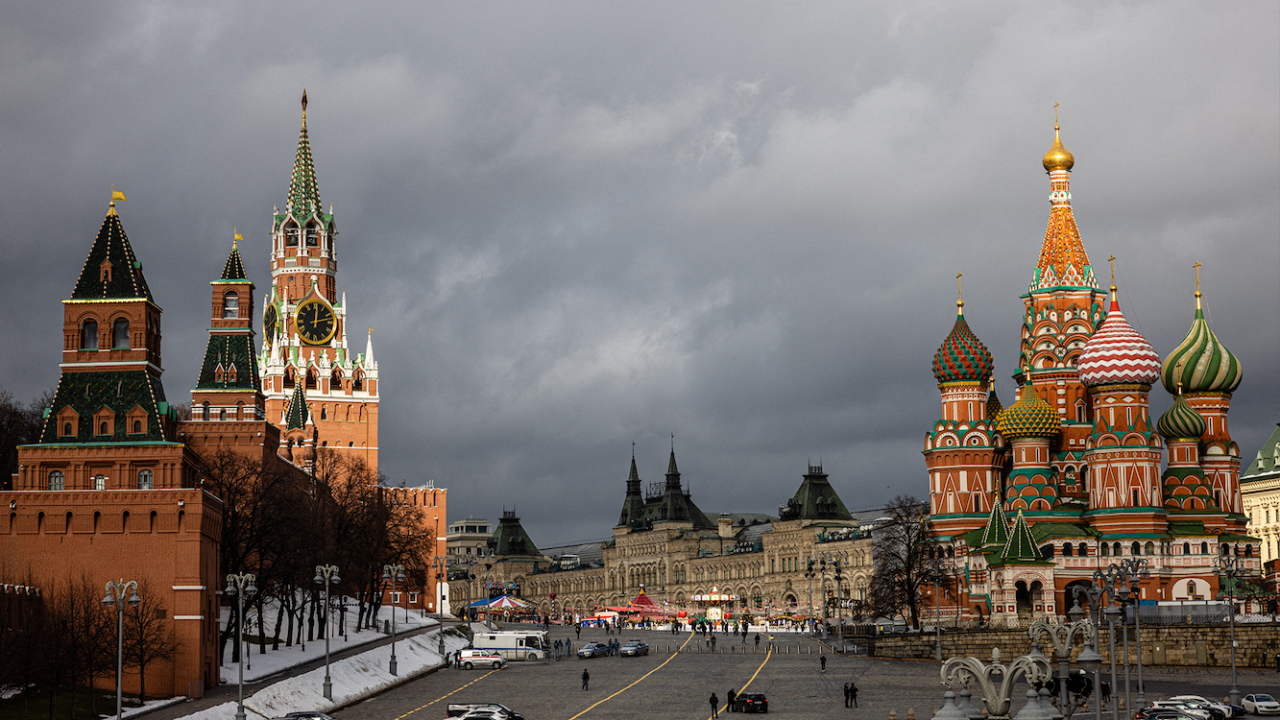
Why cryptocurrencies will not solve Russia’s sanctions problem
- Not only can cryptocurrency fund flows be tracked, their decentralised nature makes the large-scale transactions needed to evade sanctions unfeasible
- A central bank digital currency could offer an alternative, but Russia’s digital rouble lacks the scale required, and China is very unlikely to allow the digital yuan to be used for this purpose
There have been calls to ban Russian accounts on cryptocurrency exchanges, though this would have little effect in deterring large-scale Russian threat actors from accessing various financial resources. Rather, it is a central bank digital currency, rather than decentralised cryptocurrencies, that could enable Russian entities to evade enterprise-level sanctions.
On the face of it, cryptocurrencies seem like a potent tool for sanctions evasion due to their immutability, liquidity and pseudo-anonymous nature. However, these factors also work against cryptocurrencies being used by large companies to evade sanctions, as the distributed ledger technology that underpins them enables the tracking of fund flows.
Additionally, cryptocurrencies’ decentralised nature makes large-scale transactions with a view to evading sanctions unfeasible. Cryptocurrency transactions happen fastest through exchanges, which facilitate the conversion of fiat currency into cryptocurrency and vice versa.
However, most exchanges capable of handling big transaction volumes comply with local and international anti-money-laundering and know-your-customer regulations, thus preventing Russian or any other threat actors from using cryptocurrencies specifically to get around sanctions.
This is not to say that evading sanctions via cryptocurrencies is impossible. In fact, it is extremely probable that smaller Russian organisations and individuals have already used cryptocurrencies to do so on a smaller scale. There have been reports of Russian capital flight through cryptocurrency mediums to countries on the Financial Action Task Force designation’s “grey list”.
Additionally, specific cryptocurrencies with built-in privacy features, and tools such as cryptocurrency tumblers, which help conceal currency origins, could help facilitate these types of transactions, allowing smaller threat actors to launder existing cryptocurrency holdings.
Russia launched a trial of its digital rouble in mid-February, with at least two banks completing transfers of the digital currency between Russian citizens.
Additionally, the digital nature of the currency could help the Central Bank of Russia better control interest rates, thereby potentially mitigating the effects of events like the current cash run in Russia.
If fully scaled up, a digital rouble could help Russia evade Western sanctions on large companies, which would dent their impact.
However, the fact the digital rouble is still in the trial phase makes it unlikely that it could have any effect in sanctions avoidance, particularly from a cross-border and wholesale perspective. Only when a central bank digital currency has achieved widespread usage could it be suitable for such purposes, in theory at least.

Cryptocurrencies do trouble government officials, particularly because their pseudo-anonymous nature creates the perception that they are able to bypass anti-money-laundering regulations.
Moreover, while a scaled-up central bank digital currency would in theory be one way for Russia to get round Western sanctions, the digital rouble pilot scheme is simply not up to the task, which requires high levels of liquidity, cross-border transactions and compliance with any number of international financial intermediaries, to name but a few factors.
Hugh Harsono writes regularly for multiple publications about cyberspace, economics, foreign affairs and technology



